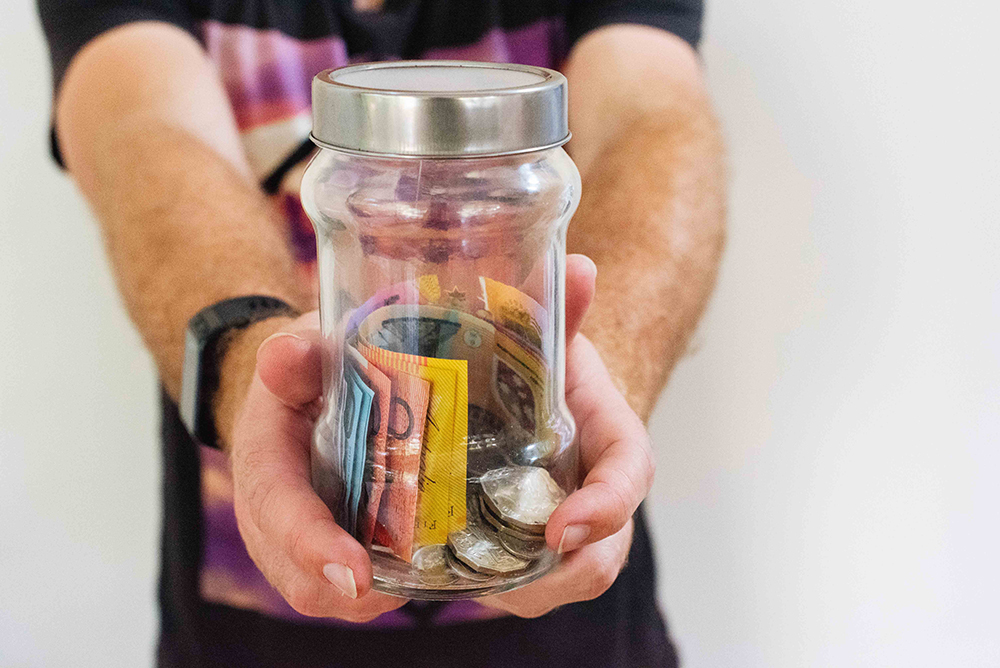Purchasing a property in Australia can be a significant investment, and it’s important to understand the various types of contributions you may need to make towards the purchase. These contributions can include your deposit, stamp duty, legal fees, and other associated costs. In this article, we will discuss the different types of contributions towards a property purchase in Australia.
Deposit
The deposit is typically the most significant contribution you’ll make towards a property purchase. It’s the upfront amount you need to pay to secure the property, and it’s usually expressed as a percentage of the purchase price. The deposit required by lenders in Australia ranges from 5% – 20%, but some lenders may require a higher deposit.
The deposit can be made up of savings, gifts from family members, or funds from the sale of other assets. In some cases, you may be able to use a guarantor, who provides additional security for the loan, instead of a deposit.
Stamp duty
Stamp duty is a tax payable on property purchases in Australia. The amount you pay varies depending on the state or territory in which you’re purchasing the property and the purchase price. It’s usually a significant cost, and it’s important to factor it into your budget.
Legal fees
You’ll also need to pay legal fees associated with the purchase of a property in Australia. These fees can include conveyancing fees, title search fees, and other associated costs. It’s important to engage a solicitor or conveyancer to help you with the legal aspects of the purchase.
Other costs
There are other costs associated with a property purchase in Australia, including building and pest inspections, strata reports, and insurance. You may also need to pay for moving costs and utility connection fees.
How to budget for property purchase contributions
When planning to purchase a property in Australia, it’s important to understand the various costs associated with the purchase and budget accordingly. You can use online calculators to estimate the stamp duty, legal fees, and other costs based on the purchase price and location of the property.
It’s also important to consider your deposit when budgeting for a property purchase. The larger your deposit, the lower your loan amount will be, which can help to reduce your ongoing repayments.
A trusted mortgage broker will factor these costs when providing credit advice to ensure you have sufficient funds to complete your purchase. In summary, there are several types of contributions you’ll need to make when purchasing a property in Australia, including your deposit, stamp duty, legal fees, and other associated costs. With careful planning and budgeting, you can make the dream of owning a property in Australia a reality.

